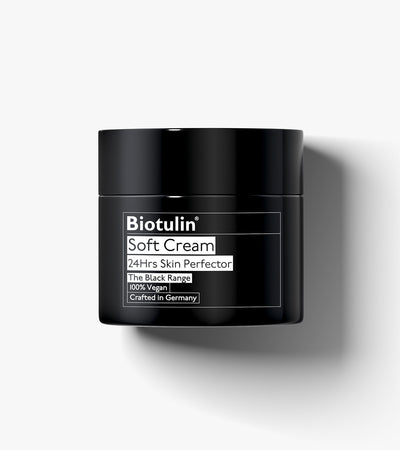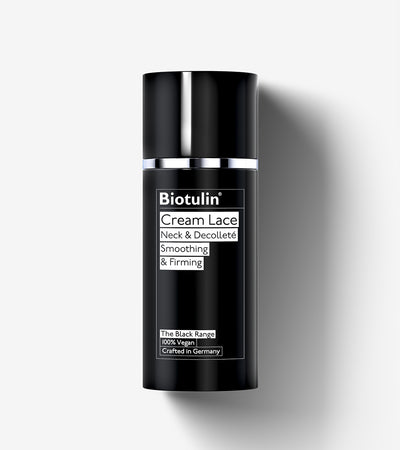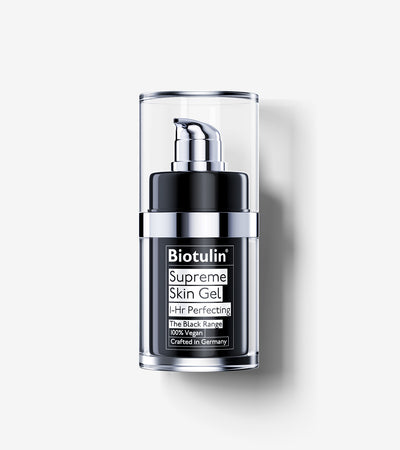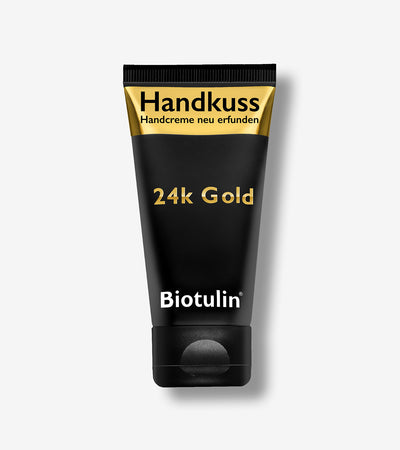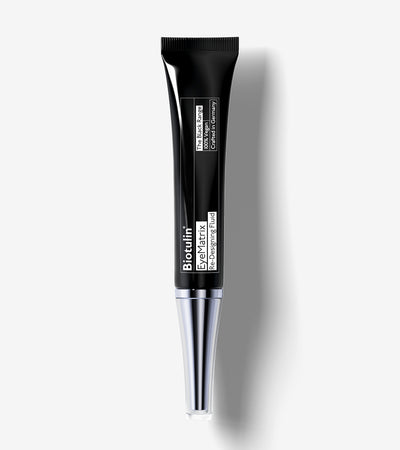Overview/Definition
Xanthan gum is a versatile and widely used ingredient in skincare and cosmetic products, known for its exceptional thickening and stabilizing properties. Derived from the fermentation of simple sugars by the bacterium Xanthomonas campestris, xanthan gum is a polysaccharide, which is a complex sugar molecule. It was first discovered in the 1950s by scientists at the U.S. Department of Agriculture and became commercially available in 1964. Xanthan gum is valued for its ability to create a gel-like texture in formulations, which enhances the smoothness and even application of products. It is commonly used as a thickener, emulsifier, and stabilizer in various skincare products, including moisturizers, lotions, and facial cleansers. Its unique properties allow it to maintain the consistency and texture of products, preventing ingredient separation and ensuring a pleasant user experience. Xanthan gum is also used in food products, toothpaste, and medicines due to its stabilizing effects. It is considered safe for most skin types and is often included in natural and organic skincare formulations. The production process involves fermenting glucose, sucrose, or lactose, followed by precipitation with isopropyl alcohol, drying, and grinding into a fine powder. This powder turns into a gel when added to a liquid, making it an essential component in achieving the desired texture in cosmetic formulations.
Function in Skincare
Xanthan gum plays a crucial role in skincare formulations due to its multifunctional properties:
- Thickening Agent: It enhances the viscosity of products, creating a rich and creamy texture that improves the sensory experience during application.
- Stabilizer: It prevents the separation of ingredients in emulsions, ensuring that the product maintains its consistency and effectiveness over time.
- Emulsifier: It helps to bind water and oil phases in formulations, contributing to a stable and well-blended product.
- Hydrating Benefits: Although not primarily a hydrating agent, xanthan gum can help lock in moisture on the skin's surface, contributing to overall hydration and a smoother complexion.
- Enhances Spreadability: It improves the application of skincare products by ensuring even coverage without clumping or separation.
Skin Type Suitability
Xanthan gum is suitable for various skin types, including:
- Dry Skin: Its ability to lock in moisture makes it beneficial for dry skin, helping to maintain hydration and improve skin texture.
- Sensitive Skin: Generally considered gentle and non-irritating, xanthan gum is suitable for sensitive skin types. However, patch testing is recommended to check for individual sensitivities.
- Aging Skin: By enhancing the texture and spreadability of anti-aging products, xanthan gum can contribute to a more youthful and smoother appearance.
- Oily Skin: Although it does not specifically target oiliness, xanthan gum's stabilizing properties can improve the effectiveness of products designed for oily skin.
Benefits
Xanthan gum offers several benefits in skincare formulations:
- Improves product texture and consistency, enhancing the user experience.
- Stabilizes emulsions, preventing ingredient separation and maintaining product integrity.
- Enhances the spreadability of products, ensuring even application and coverage.
- Supports skin hydration by locking in moisture on the skin's surface.
- Contributes to a smoother and more youthful complexion by improving product application and effectiveness.
Scientific studies and assessments, such as those conducted by the Cosmetic Ingredient Review Expert Panel, have deemed xanthan gum safe for use in cosmetics, supporting its efficacy and safety in skincare formulations.
Potential Side Effects or Risks
While xanthan gum is generally considered safe and well-tolerated, there are a few potential risks and side effects to be aware of:
- Although rare, some individuals may experience skin irritation or sensitivity, particularly those with allergies to corn, wheat, soy, or dairy, from which xanthan gum can be derived.
- Ingestion of xanthan gum may cause digestive issues in individuals with allergies or sensitivities, but topical application is generally considered safe.
It is recommended to perform a patch test before incorporating new products containing xanthan gum into your skincare routine to check for any adverse reactions.
Usage in Skincare Products
Xanthan gum is commonly found in a wide range of skincare products, including:
- Moisturizers
- Lotions
- Facial Cleansers
- Creams
- Body Washes
- Foundation
- Serums
- Masks
It is typically used in concentrations ranging from 0.1% to 2%, where it effectively enhances the texture, stability, and spreadability of products.
How it’s used
To incorporate products containing xanthan gum into your skincare routine, follow these best practices:
- Perform a patch test before using new products to check for any potential irritation.
- Apply products evenly across the skin, taking advantage of xanthan gum's ability to improve spreadability and coverage.
- Use products as directed, gradually increasing the frequency of use to allow your skin to adapt to new formulations.
- Complementary ingredients that work well with xanthan gum include other humectants, emollients, and active ingredients tailored to your specific skin concerns.
Scientific Studies/Research
Several scientific studies and assessments support the safety and efficacy of xanthan gum in skincare products. The Cosmetic Ingredient Review Expert Panel has evaluated xanthan gum and concluded that it is safe for use in cosmetics, including as an emulsifying and stabilizing agent. Its widespread use in various consumer products further supports its safety profile, with no significant health risks associated with topical application in the concentrations typically used in skincare formulations.
Other Names/Synonyms
Xanthan gum may also be listed under the following names:
- Corn Sugar Gum
- Polysaccharide B-1459
- Gummi Xanthanum
Sustainability/Environmental Impact
Xanthan gum can be derived from natural and renewable sources such as corn, wheat, or soy, making it a potentially sustainable ingredient. Its production process involves fermentation, which is generally considered environmentally friendly. However, the environmental impact can vary depending on the sourcing and production methods used. It is important to look for products that use responsibly sourced xanthan gum and are certified as vegan or cruelty-free.
Fun Facts (Optional)
Xanthan gum's versatility and stability across a wide range of temperatures and pH levels make it a popular ingredient in both the food and cosmetics industries. Its ability to enhance the texture and consistency of products contributes to its widespread use in various consumer goods.


